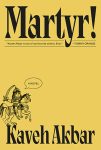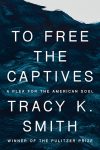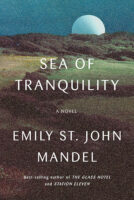
Guest Post by Kevin Brown
Tommy Orange’s second novel, Wandering Stars, builds on characters from his first novel, There There, as he continues to portray the struggles of a Native American family in and around Oakland. Readers don’t need to have read the first novel to understand this one, though it certainly helps.
He uses the first third of this most recent work to explore the family’s lineage, going back to the Sand Creek Massacre in 1864. On the one hand, Orange’s novel shows the long-lasting effects of trauma, especially the various ways the family members self-medicate with (and become addicted to) alcohol and/or drugs. In each case, especially in this historical section of the novel, people end up losing their lives or those they love due to these addictions.
That trend seems to continue into the present, but there’s also a counter-narrative of survival. Despite all this family has endured and the ways in which it doesn’t match up to a “traditional” family (whatever that means in 2024), they still exist. One of the main ways they continue to live in a society designed to take everything from them is through the power of story and culture. There is a manuscript that celebrates their ancestors, passed down over several generations and surviving into the present, which gives the characters some bit of hope.
Orange’s characters, though, ultimately want to go beyond surviving. While it’s not clear what will happen to their family by the end of the novel, they clearly want to live and love one another; they want a life and a culture where they can be who they are, something so many in the U.S. take for granted.
Wandering Stars by Tommy Orange. Alfred A. Knopf, 2024.
Reviewer bio: Kevin Brown has published three books of poetry: Liturgical Calendar: Poems (Wipf and Stock); A Lexicon of Lost Words (winner of the Violet Reed Haas Prize for Poetry, Snake Nation Press); and Exit Lines (Plain View Press). He also has a memoir, Another Way: Finding Faith, Then Finding It Again, and a book of scholarship, They Love to Tell the Stories: Five Contemporary Novelists Take on the Gospels. Twitter @kevinbrownwrite







